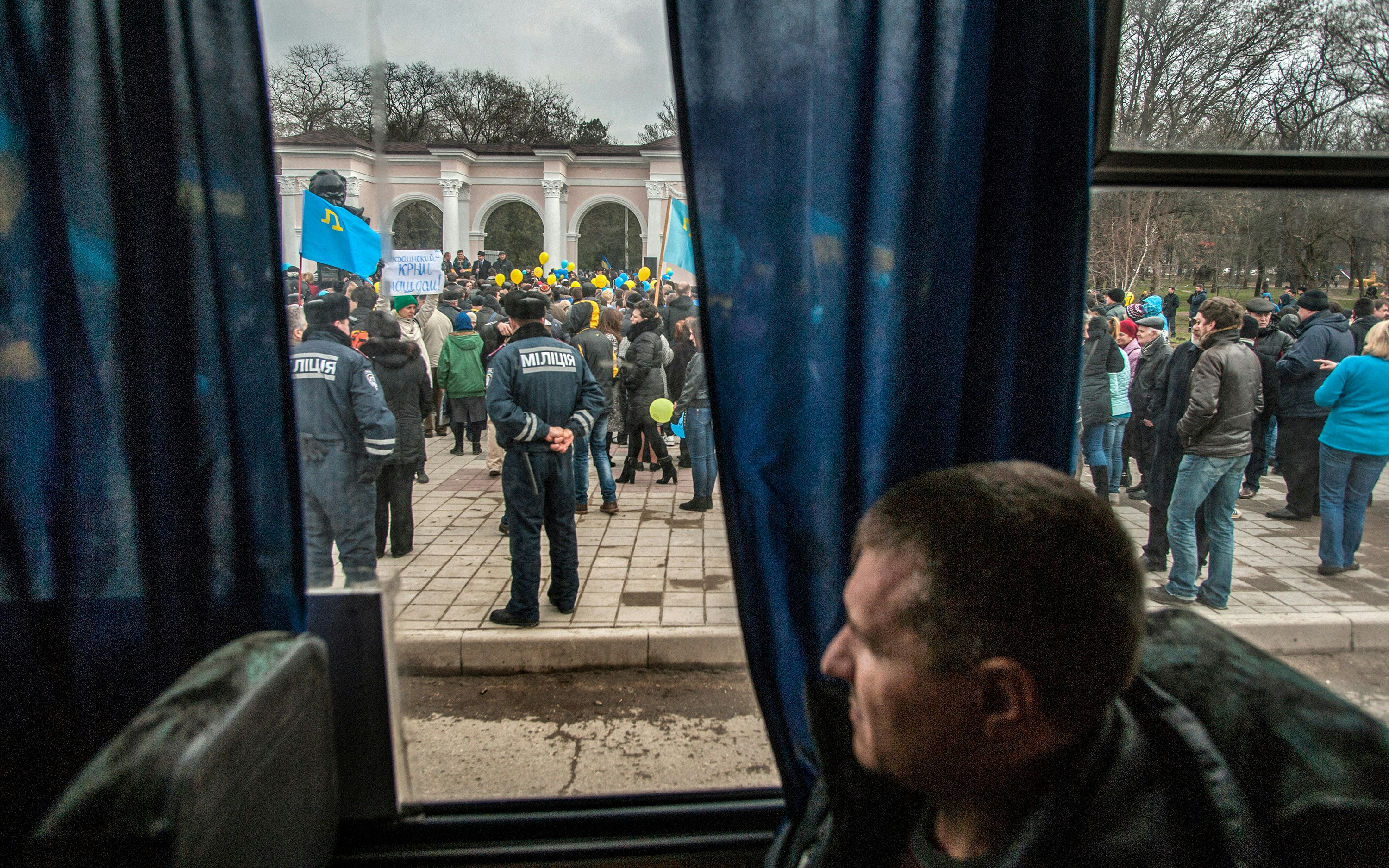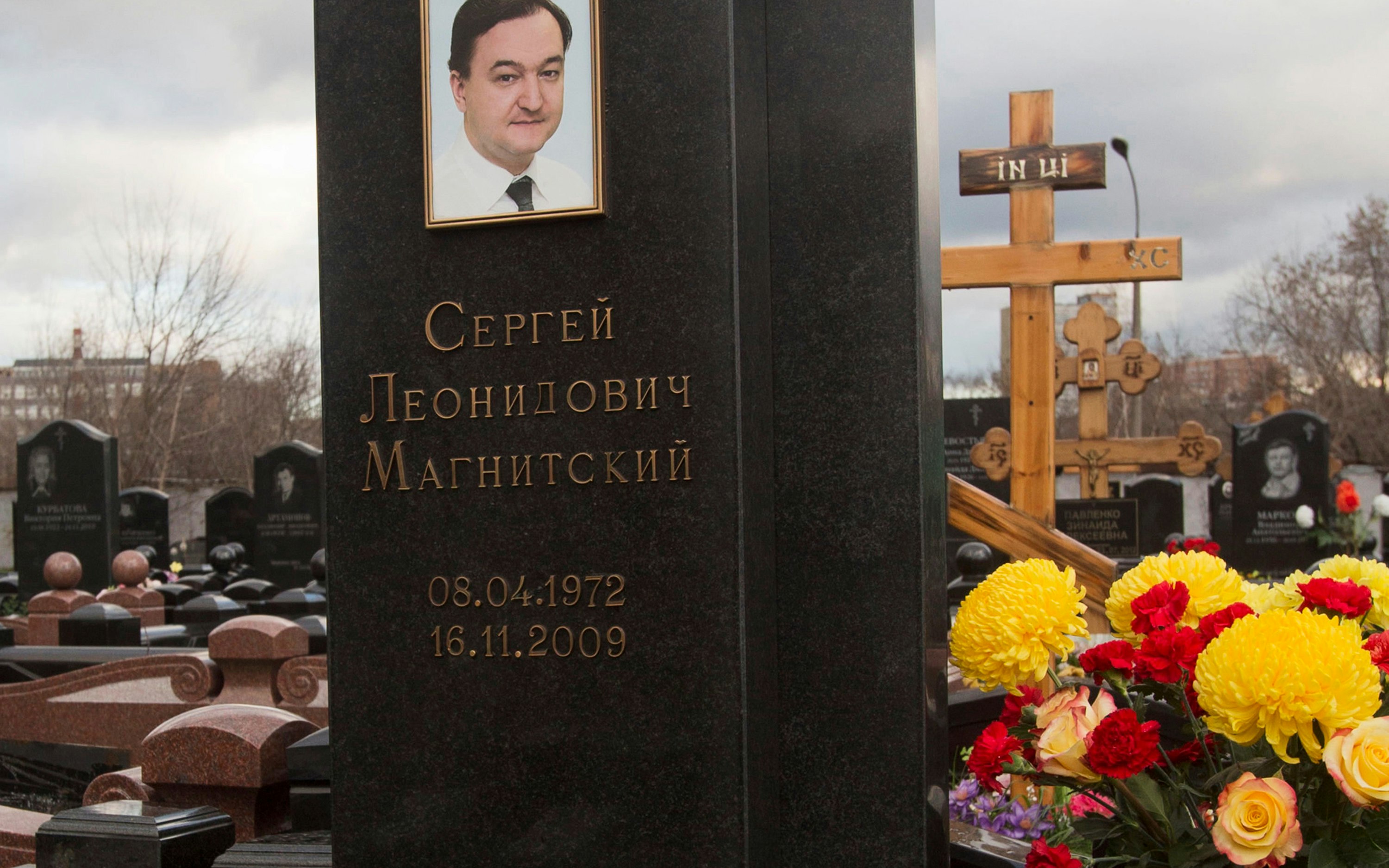Bagdonavicius v. Russia
Russian Government Burns Roma Village
Roma have lived in the village of Dorozhnoe, Kaliningrad, since 1956 when they were required by Soviet decree to settle there. The families sought to register their properties after 2001 but were prevented from doing so by local authorities. In June 2006, Russian authorities—shouting racial abuses—bull-dozed and burned their houses.
In October 2016 the European Court of Human Rights found that Russian authorities violated the applicants’ right to protection of their home and family life and ordered the Russian government to pay compensation totaling nearly €250,000. However, the court declined to consider whether their treatment was discriminatory. A dissenting judge concluded that the action was “clearly discriminatory”, that government statements had been racist, and that the event amounted to a collective punishment on the Roma.
Facts
In 1956 a Soviet decree forced Roma in Russia to settle in fixed communities. In Kaliningrad Roma were required to live together in a community in the village of Dorozhnoe. The government provided only limited services to the community such as medical care and education, and created obstacles in accessing official documents. Many families built their own houses, and had lived in them for many years.
After the fall of the Soviet Union it became possible to own land privately and proof of ownership became more important. In 2001, some of the Roma families in Dorozhnoe, with the help of the local government, began the process of formalizing ownership of their property. The authorities in Kaliningrad changed the policy in 2002, preventing any additional further registrations.
In 2005, the Kaliningrad authorities began issuing press statements declaring that the Roma community in Dorozhnoe consisted of criminals, yet no one was ever charged with a crime. Soon after, the authorities began legal proceedings claiming that the families were illegally occupying their homes, in order to be able to destroy the houses.
In early June 2006 the bull-dozers arrived. The homes of six families were leveled and burned. During the evictions, the local authorities threatened the families with machine guns, set their possessions on fire, and subjected them to racist slurs such as "You the Gypsies, get out of our land," and "You the Gypsies are all the same and you must be exterminated."
The local authorities failed to provide alternative housing, and most of the families were broken apart. Some moved in with neighbors while others lived in tents on the site of their former homes. The evicted families suffered greatly in the aftermath of the demolition. A 26-year-old woman, in the last months of her pregnancy when her home was destroyed, was forced to live in a tent in a field. After giving birth to her son she died of an infection and he was taken to an orphanage. A 60-year-old man, in poor health when his house was destroyed, first lived in a tent for several months and then spent the winter living in an abandoned train car with his wife, burning wood to stay warm. The couple was forced to live in this precarious situation for over one year. Then, in January 2008, the man succumbed to bronchitis and pneumonia—illnesses he contracted while living in a tent on the ground where his home once stood. His wife now lives in temporary housing with her other remaining family members.
After the demolition of their homes, the living conditions, health, and family situation of many of the applicants steadily deteriorated. Many were forced to live in primitive, temporary housing in a state of perpetual vulnerability, marginalized from society. Four applicants died since the demolition, two more have disappeared and many suffer from chronic illnesses and inadequate access to housing, nutrition and healthcare. The impact of the dislocation and separation of families caused by the demolition of their homes, in particular the deaths of some of the applicants, has particularly affected the children. Some children were forced to live in orphanages for extended periods and were unable to attend school; none had regular access to healthcare. The community endures daily life in oppressively harsh conditions.
Open Society Justice Initiative Involvement
The Open Society Justice Initiative brought a case before the European Court of Human Rights on behalf of six Roma families whose homes were destroyed.
Arguments
The Open Society Justice Initiative argued that the local authorities were motivated by racial discrimination in both their refusal to issue property titles and the forced expulsion and destruction of the Roma families' homes. These actions violated the families' rights under the European Convention on Human Rights.
Physical Integrity. The violent treatment and eviction of the families endangered their lives and amounted to systematic discrimination, in violation of Article 2 (the right to life) and Article 3 (the prohibition against torture) together with Article 14 (the prohibition against discrimination).
Home and Property. The demolition, forced eviction, and separation of the families on account of their Roma ethnicity constituted a violation of Article 8 (the right to respect to family life) and Article 1, Protocol 1 (the right to property) in conjunction with Article 14 (non-discrimination).
Lack of a Fair Hearing. Because they were Roma, the Russian courts did not give the families a fair hearing, in violation of Article 6 (right to a fair trial) and Article 13 (right to an effective remedy). This treatment also violated Article 14 (non-discrimination).
Special Protection. As a particularly vulnerable minority group in Europe, Roma are in need of special protection. In this case they were treated with contempt and in complete disregard for their rights.
The court noted that the definition of “home” within the meaning of Article 8 of the Convention is not limited to legal occupation or establishment of a home but rather is a concept independent of its definition in domestic law. The definition of a home depends on the factual circumstances of the case, namely, the existence of sufficient and continuous links with a specific place. The court held that just because the houses did not correspond with officially registered homes and that the applicants had no title were not decisive factors. The houses in Dorozhnoe were found to be sufficiently longstanding, dating back to the Soviet period, and the applicants were found to have developed sufficiently close ties with the village and established life there as a community. Given these considerations, the court found a violation of Article 8 (right to private life and family) and ordered the payment of over €250,000 in compensation to the applicants (€7,500 each for moral damages, and €500 for material damage).
The Court found no violation of property rights, and declined to consider the Article 14 discrimination arguments. Judge Keller, dissenting, noted that two non-Roma houses were saved from destruction, which she says was “clearly discriminatory”, and that government statements at the time were racist, leading her to see the action as the imposition of a collective punishment on the Roma. She argued that the Court should have looked at Article 14, and should have augmented the damages due to racism.
Judgment of the European Court.
Justice Initiative submits observations in reply and further information on just satisfaction claims pursuant to Article 41 of the Convention.
Russian government submits observations on the application.
The Justice Initiative files a request for priority treatment pursuant to Rule 41 of the Rules of the Court and guided by the Court’s Priority Policy. The request was denied.
The Justice Initiative meets with clients in Kaliningrad to gather supplementary statements and evidence.
The Justice Initiative conducts another fact-finding mission and learns that two additional family members have died.
The Justice Initiative files a Supplemental Memorandum to the European Court of Human Rights updating the court with the latest situation in the case, including the deaths of two of the 33 clients.
The Justice Initiative conducts a fact-finding mission to Kaliningrad.
The Justice Initiative files application to European Court of Human Rights.
The families’ homes are destroyed.
Related Work
Syrians Seek UN Rights Ruling against Russia for 2019 Hospital Attacks
A legal complaint seeks justice for Syrian victims of attacks by the Russian air force, and seeks to reinforce protections for health care facilities in war-time.
Case Watch: Ukraine ICJ Ruling Strengthens Protections against Discriminatory Use of Citizenship Law
In agreeing to proceed with a complaint by Ukraine against the Russian Federation, the International Court of Justice underlined the principle that states cannot use exclusionary citizenship laws to discriminate, and that such action can be challenged before its judges.

Almost a Decade after his Death, Sergei Magnitsky Gets a Measure of Justice
The ruling from Europe's human rights court validates the underlying rationale for the laws adopted by the United States, the United Kingdom, Canada, and some other countries to impose sanctions on designated individuals implicated in gross human rights abuses.
